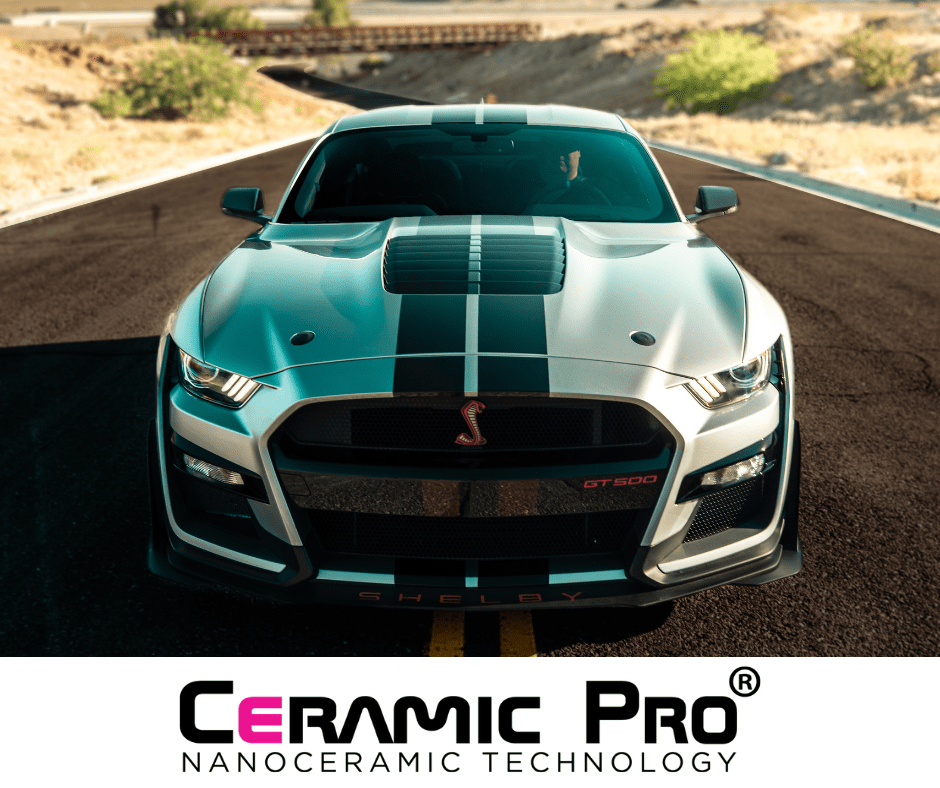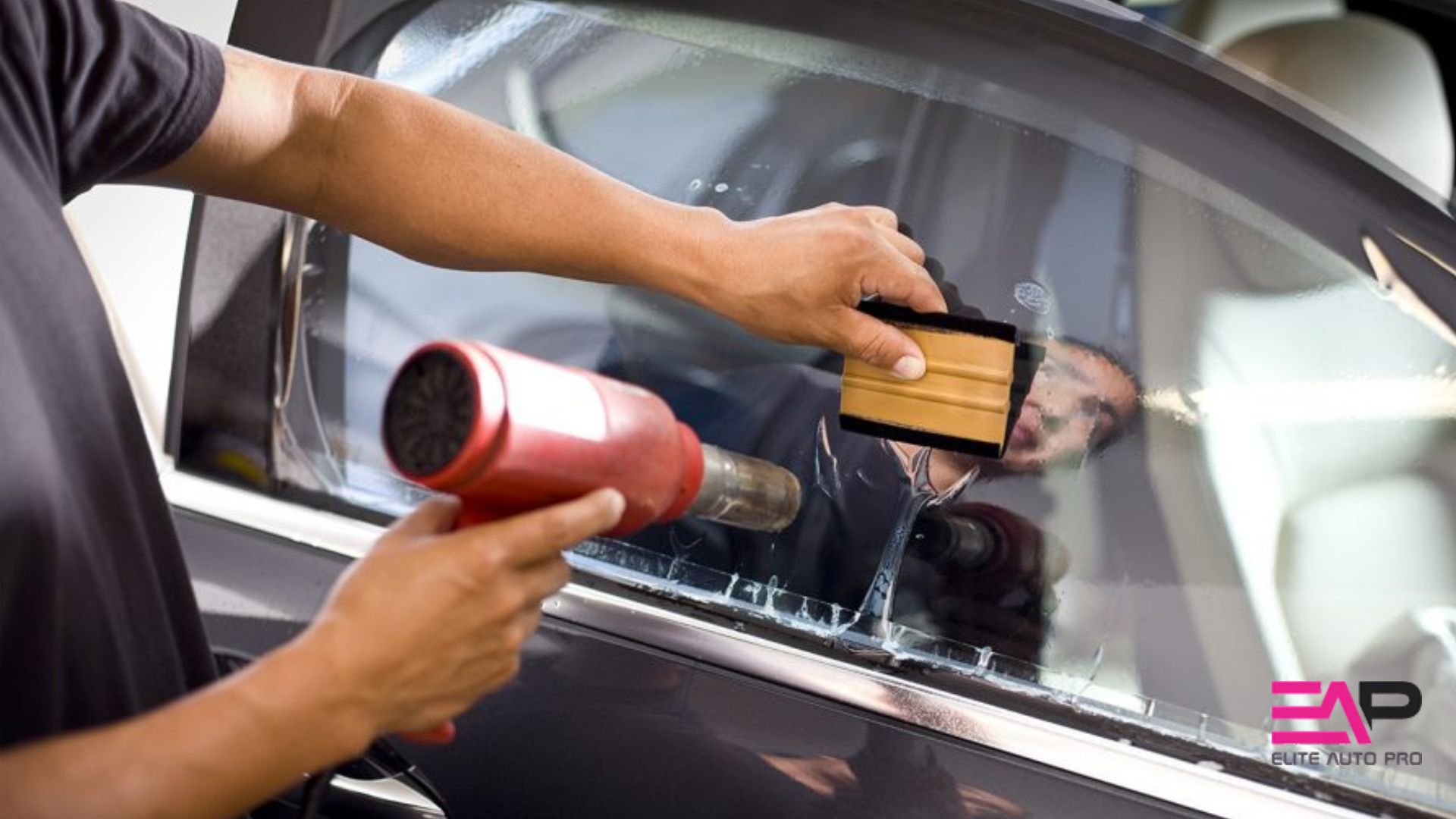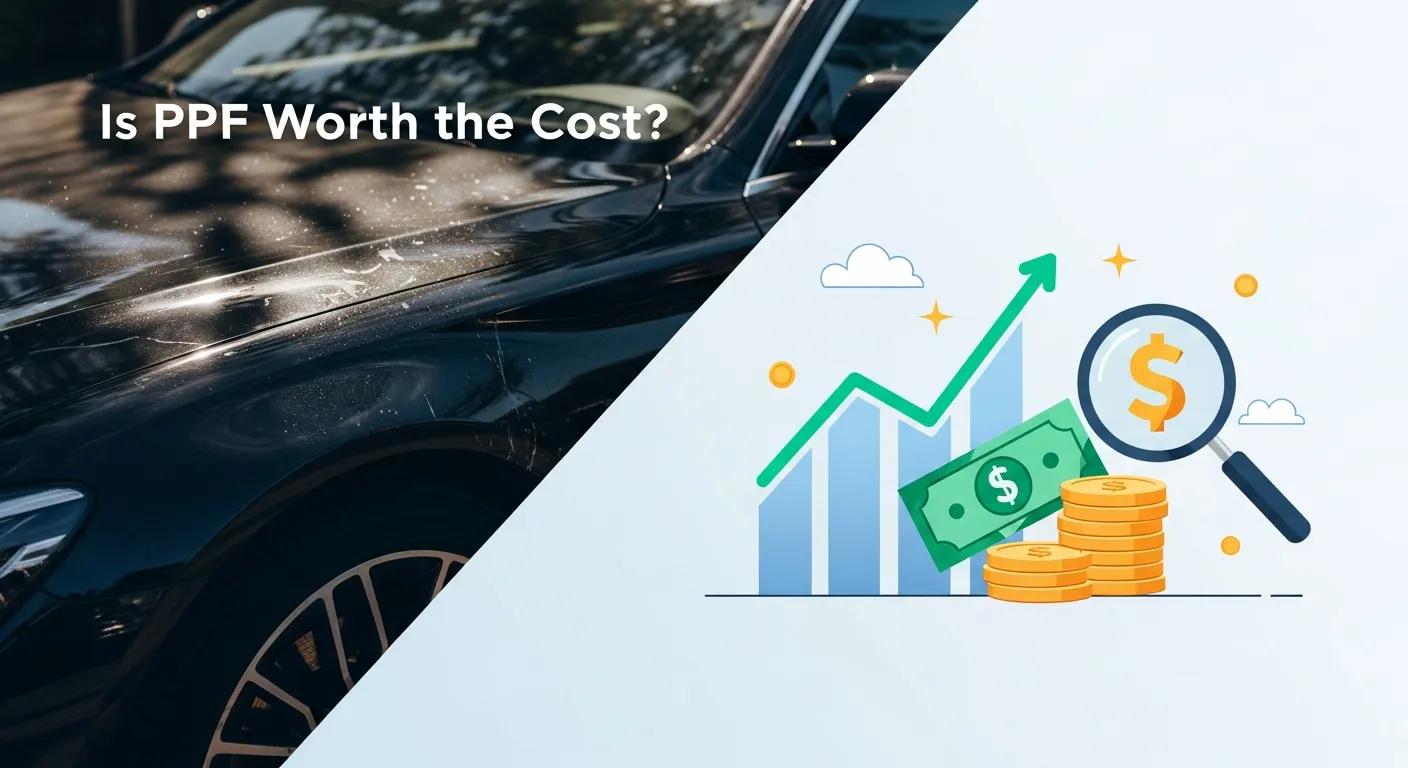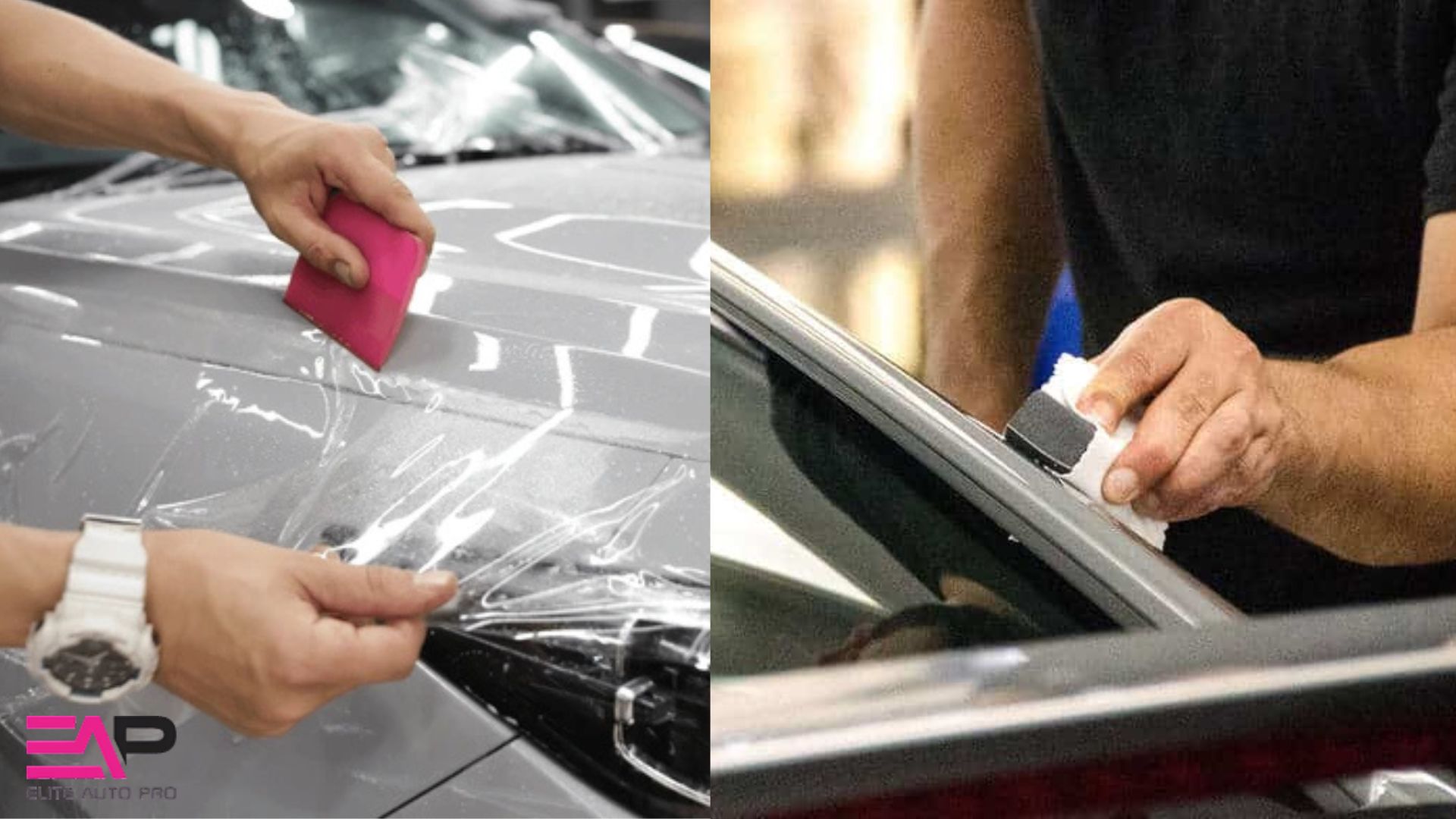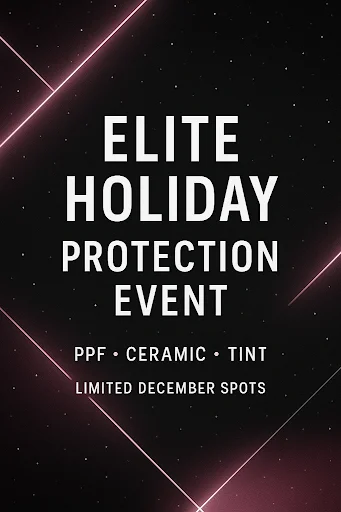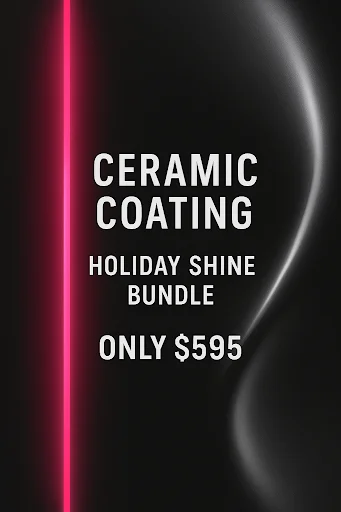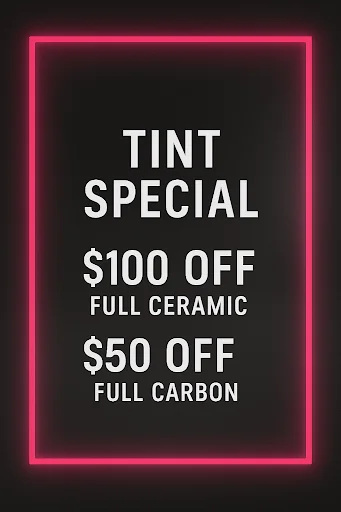What is Ceramic Coating?
Ceramic coating is a liquid polymer applied to the exterior of a vehicle that chemically bonds with the factory paint, providing a durable layer of protection. Unlike traditional wax or sealants, ceramic coatings offer long-lasting shine and resistance to various environmental contaminants.
This advanced protective solution not only enhances the aesthetic appeal of your vehicle but also significantly reduces the frequency of maintenance. For instance, ceramic coatings can repel water, dirt, and UV rays, ensuring your car remains cleaner for longer periods while protecting the paint from fading and damage.
Benefits of Ceramic Coating for Your Vehicle
Choosing ceramic coating for your vehicle comes with numerous advantages, including superior protection against scratches, chemical stains, and oxidation. This technology creates a hydrophobic surface, making it easier to clean and maintain the vehicle's appearance.
Moreover, ceramic coatings can enhance the resale value of your car by keeping the paint in pristine condition. Many car enthusiasts and owners find that the investment in ceramic coating pays off through reduced maintenance costs and longer-lasting results compared to traditional methods.
How Ceramic Coating Compares to Traditional Wax
While traditional wax provides a temporary shine and protection, ceramic coatings offer a more permanent solution that can last for years with proper care. Wax typically needs to be reapplied every few months, whereas ceramic coatings can endure for several years, making them a more cost-effective choice in the long run.
Additionally, ceramic coatings provide a higher level of gloss and depth to the vehicle's paint, which is not achievable with wax. This long-lasting shine and protection make ceramic coatings an attractive option for those looking to maintain their vehicle's aesthetics and value over time.
Frequently Asked Questions about Ceramic Coating
Many potential customers have questions regarding the ceramic coating process, its durability, and maintenance. Common inquiries include how long the application takes, whether it can be applied over existing paint, and the best practices for maintaining the coating once applied.
Understanding these aspects can help customers make informed decisions about their vehicle's protection. For example, regular maintenance involves simple washing techniques that preserve the coating's effectiveness, ensuring that your investment remains intact for years to come.

